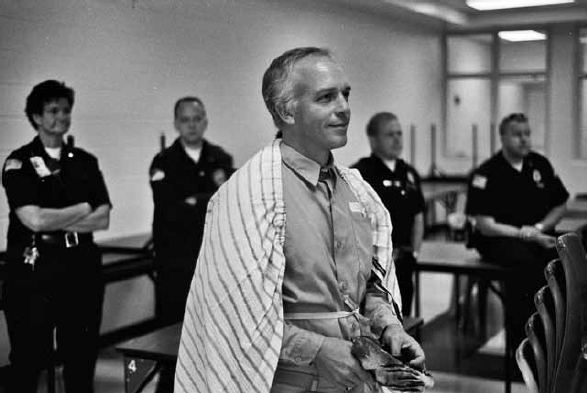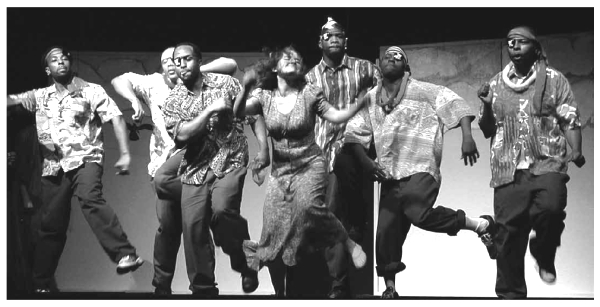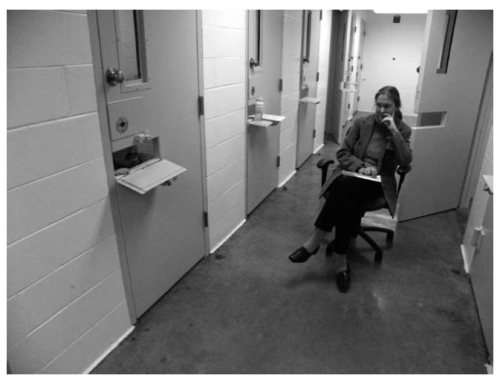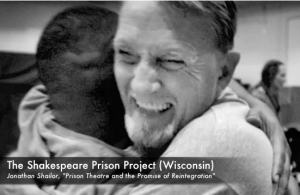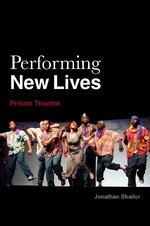Equipping Young People to Choose Non-Violence
“The continued need for comprehensive and co-ordinated policies to address the disadvantaged and troubled familial, social and cultural experiences of many young people will always be critical in dealing with many aspects of societal violence. To expect individual young people to be able to always choose ‘non-violent’ approaches just through individual work without cognisance being given to the bigger picture of their lives is unrealistic.”

